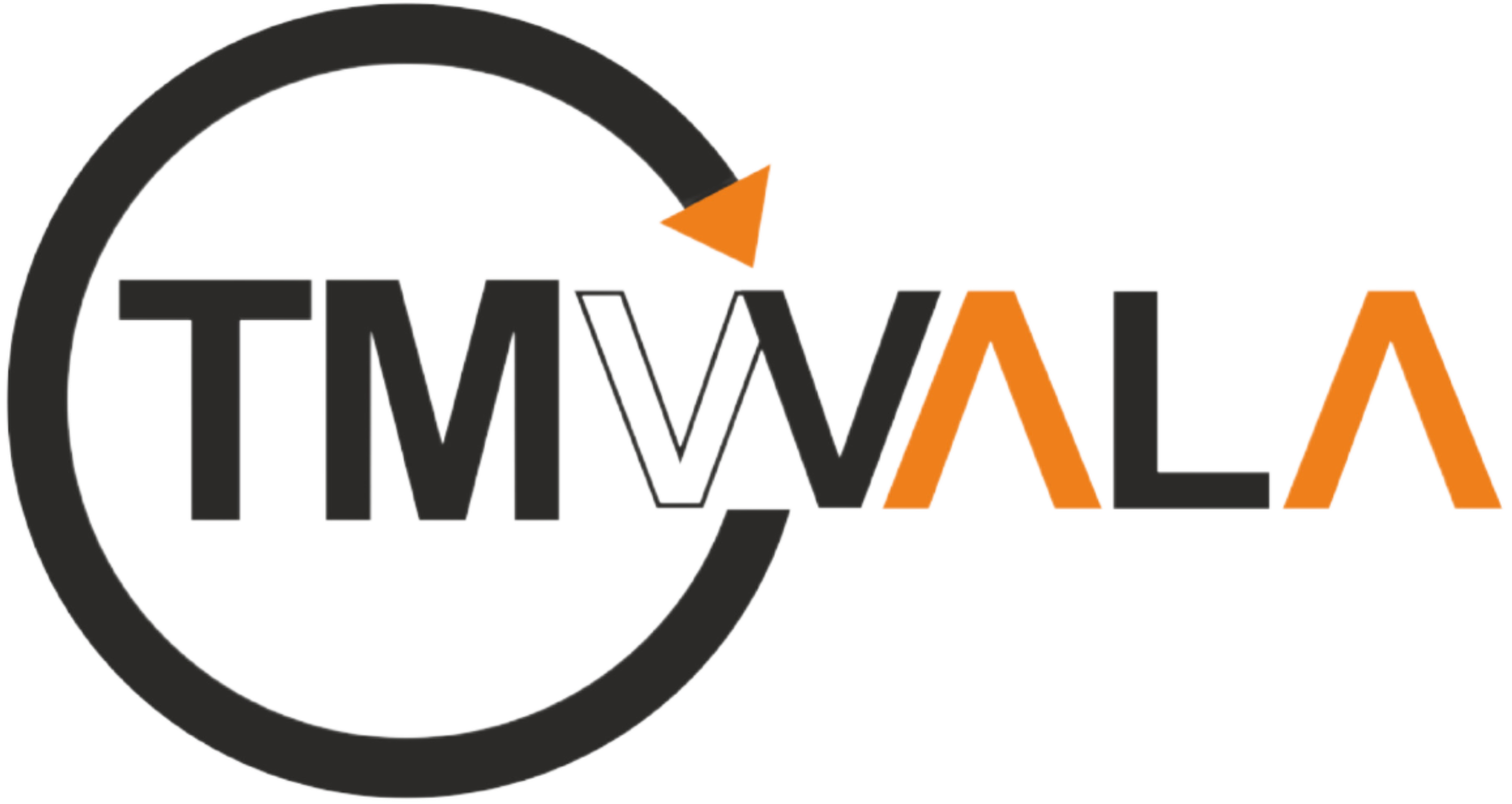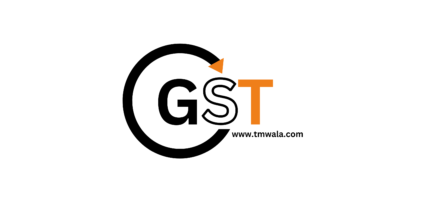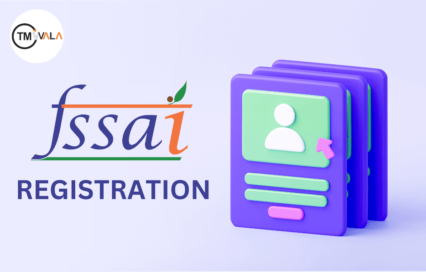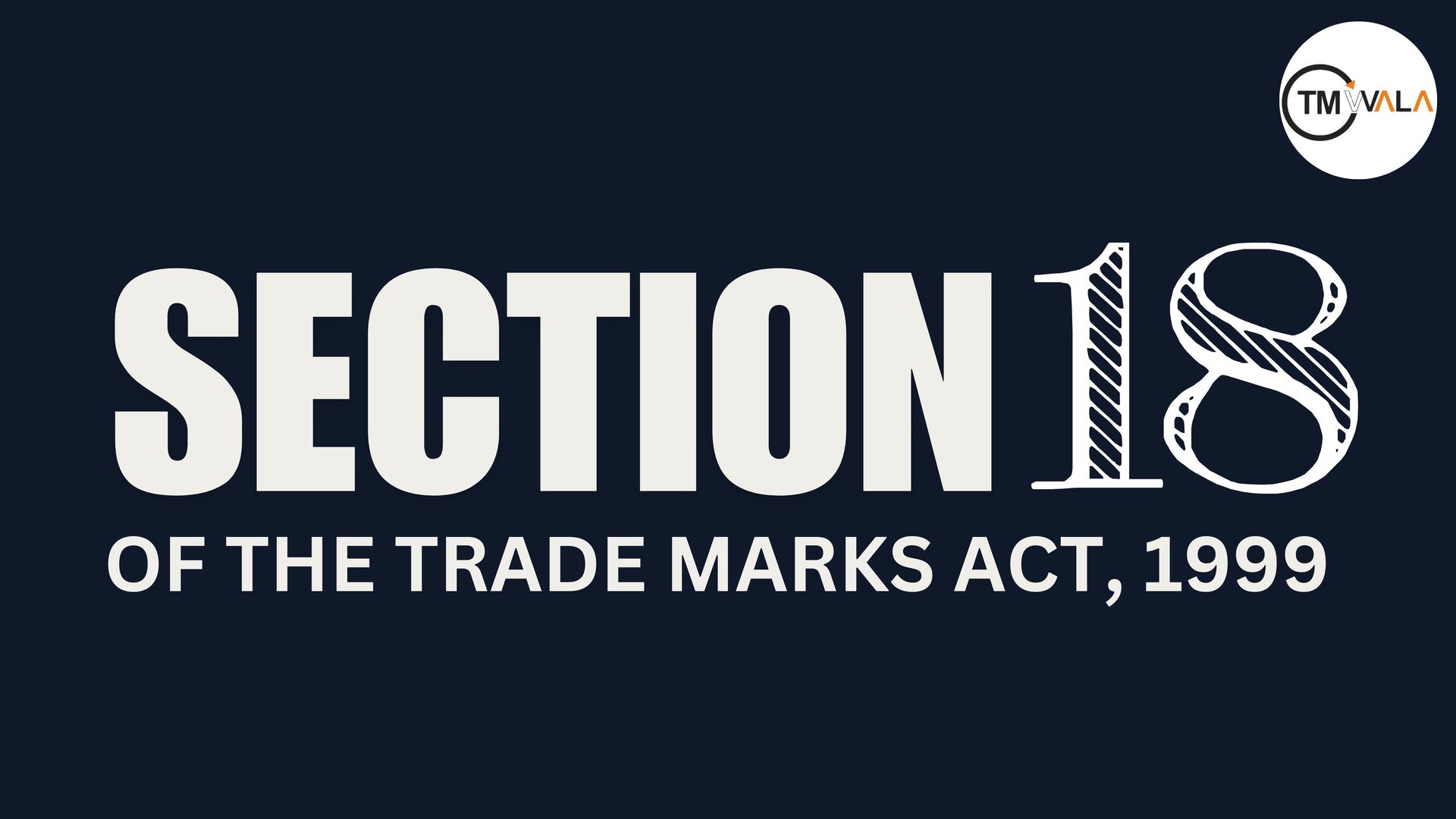The Trademark law in India provides a structured process for the registration of trademarks. This is done in order ensure brand protection and legal enforcement against any type of infringement. Under the trademark law the central provisions which govern the trademark registration in India is the Section 18 of the Trademarks Act.
This section specifically lays down the procedure and eligibility criteria for filing of a trademark application. It correspondingly clarifies in detail who can apply for a trademark and who cannot along with the necessary formalities, and all the essential aspects to form a valid application.
General Terms Associated with Section 18:
Applicant: An Applicant can be a person or an entity like sole proprietors, businesses (Registered Companies), partnerships (like LLPs), trusts, or even government bodies applying for trademark registration.
Proprietor: Proprietor is the individual or legal person who claims the ownership of a trademark and seeks exclusive rights to it.
Proposed to be Used: A trademark application can be filed even before the actual use of the said mark. It is done so provided that the applicant has a bona fide intention to use it in the coming future.
Service Mark: It is a trademark which is used to identify services in order to distinguish them from the goods. For example, a logo of a famous hotel chain is a service mark.
Goods Mark: It’s a trademark which is used to identify and distinguish products i.e. goods. For example, the “Nike” logo is specifically registered and known for footwear and apparel wear.
Subsections of Section 18 of The Trademarks Act, 1999
Section 18 governs the application procedure for registration of a trademarkas per the Trademarks Act 1999. It mainly consists of four vital subsections that outline specifics. These specifics include l who can apply, the requirements of a bona fide intention to use the said trademark, and the procedure involved in registration.
Section 18(1): Who Can Apply for a Trademark
According tothe Section 18(1) of Trademarks Act, any legal person who is claiming to be the proprietor of a trademark can apply to register it for themselves.
They can be individuals, businesses, and legal entities. Even foreign entities can also apply for registration of a trade mark in India, however, only if they comply with Indian trademark laws. Joint applicants can also file a trademark application for registration of a trade mark together.
Illustration: A Start-up Founder Applying for a Trademark
Let’s imagine an entrepreneur, Raj, launching a new brand of organic skincare products under the name “GlowPure.” Even before selling any product, he can file a trademark application under Section 18, claiming proprietorship and expressing an intent to use the mark.
Section 18(2): The Requirement of Bona Fide Intention
According to Section 18(2), an application for registration of the trade mark must be filed with a genuine intention to use the trademark in a commercial field. This means an applicant cannot register a trademark just to ‘block’ others from using it. They must be intending to use it for themselves.
Case Law: Pfizer Products Inc. v. Rajesh Chopra & Ors. (2006 (32) PTC 301 (Del)
In context of this case, Pfizer, the American pharma giant, opposed a trademark application on the grounds that the applicant had “no bona fide intention” to use the mark. Delhi High Court held that if an applicant cannot demonstrate a genuine intention to use the trademark, their application may be rejected by the Registrar. To learn more about this case visit Indian case law.
Illustration: Preventing Trademark Hoarding
Suppose a company registers the name “ZyloTech” for mobile phones but never launches a product under this name. And now if another business wants to use “ZyloTech” for electronics and can prove the first applicant had no real intention to use the mark, they may challenge the registration.
Fun Fact: If the owner has not applied the trademark to the goods or services for a continuous period of five years or more, the Registrar has the authority to withdraw the trademark from the Register. Five years from the day the trademark is entered into the Register, the Registrar will compute.
As a result, a person or business will forfeit their trademark rights if they do not use their registered trademark for five years after the date of registration.
Trademark Registration and Past Use Without Usage
As per theSection 18(2), a trademark applicant must have a “bona fide intention” to use the said mark. Nevertheless, what happens if someone has been associated with a trademark but hasn’t actually used it in commerce and now wants to register it?
This situation commonly arises when businesses have reserved a brand name, have built recognition through promotions, or have used it sporadically without actual trade. Indian courts have recognized that past association with a mark, even without substantial use, can support registration—provided there is a genuine intent to use it in the near future.
Case Law: Hardie Trading Ltd. v. Addison Paints & Chemicals Ltd. (2003 (27) PTC 241 (SC))
In this case, the Supreme Court held that mere non-use of a mark does not automatically disqualify a proprietor from registration, but lack of intent or unjustified delays in use may lead to cancellation.
Can You Use a Trademark Immediately After Filing?
If an application is filed today, can the owner start using the trademark right away? Absolutely Yes, a trademark applicant can start using the mark immediately, even before registration is granted. That is because trademark rights in India are based on use, not just registration.
However, under Section 46, if a trademark is registered but remains unused for five consecutive years, it may be removed from the register due ‘to non-use cancellation’. This means businesses should commence usage as soon as possible to maintain exclusive rights.
Thus, while a pending application provides some legal standing, full proprietary rights and legal enforcement only arise once the mark is successfully registered.
Section 18(3): Filing a Trademark Application
As per Section 18(3) of the Trade Marks Act, a trademark application must be filed in the prescribed manner, accompanied by:
- A clear representation of the mark.
- Details of goods or services the mark will be used for.
- The applicant’s name and address.
- A statement declaring whether the mark is already in use or is “proposed to be used.”
- Payment of the prescribed fee.
Case Law: Amar Nath Sehgal v. Union of India (2005 (30) PTC 253 (Del))
This case in particular emphasized the importance of properly filing and maintaining trademark applications in order to ensureit’s legal validity and protection.
Illustration: Trademark Filing for an E-Commerce Brand
Take a company named “ShopEase” files a trademark application for its online shopping platform. It provides details about its logo, service category (e-commerce), and business owner details to complete the application correctly.
Section 18(4): Single or Multiple Class Applications
Section 18(4) of the Trade Marks Act allows an applicant to file for trademark registration under:
- A single class, if the trademark applies to one category of goods/services.
- Multiple classes, if the trademark is intended for different types of goods/services.
Case Law: Dabur India Ltd. v. Emami Ltd. (2004 (29) PTC 1 (Del)
In this case, Dabur applied for a trademark in multiple categories, but Emami challenged it, claiming overlapping product lines. The Court clarified the need for clear classification in multi-class applications.
Illustration: A Fashion Brand Expanding to Accessories
A fashion brand “TrendWear” initially registers its trademark under Class 25 (clothing). Later, as it starts selling handbags and shoes, it files additional applications under Class 18 (leather goods) and Class 35 (retail services).
Key Takeaways from Section 18
- Anyone who claims to be a trademark proprietor can apply for registration of a trademark.
- A bona fide intention to use the trade mark for which the application for registration has been filed is mandatory.
- The application for registration must follow prescribed procedures.
- A trademark can be registered under one or multiple classes.
Conclusion
Thus, Section 18 of the Trademarks Act, 1999, ensures a structured and fair trademark application process. By requiring a ‘bona fide intention’ and clear application formalities.It prevents fraudulent filings and ensures genuine proprietors receive their due legal protection. So businesses and individuals seeking trademark registration should accordingly ensure their compliance with the prescribed guidelines as to strengthen their intellectual property rights.
Author- Apoorva Lamba, 2nd Year LLB. Student of Madhav Mahavidyalaya, Jiwaji University, Gwalior






